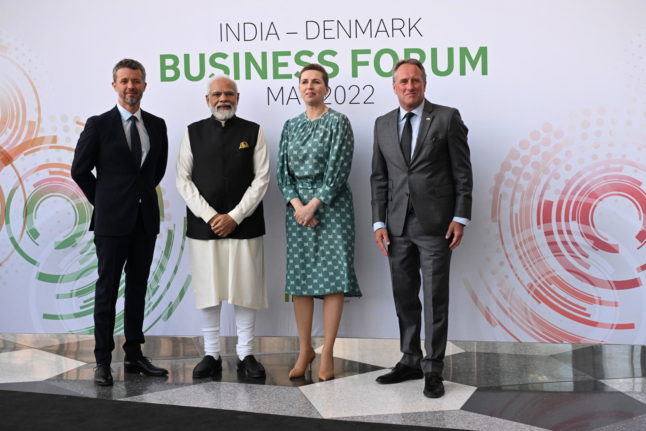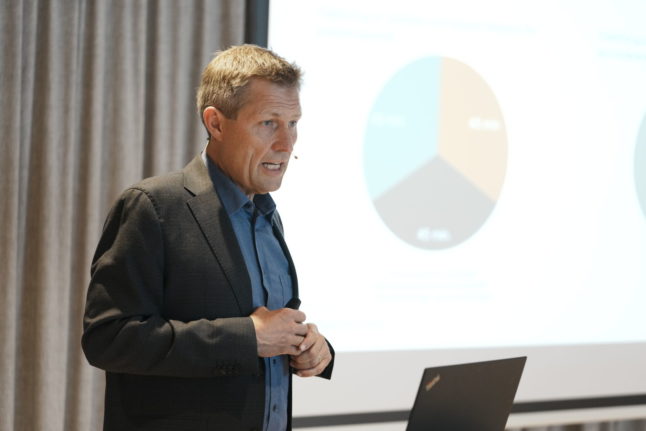The labour mobility talks are linked to an existing strategic green energy partnership between the two countries, the Ministry of Immigration and Integration said in a statement.
The ministry did not specify how, or whether, any agreement reached by the two countries could affect work permit rules.
“I am pleased that we have now initiated negotiations over a new mobility agreement between Denmark and India that can continue the extension of our partnership,” Danish Minister for Immigration and Integration Kaare Dybvad Bek said in the statement.
“As Danish immigration minister it is important for me to send a signal that foreign labour from India under the regulated working conditions is very welcome and valued,” he said.
“Indians are one of the nationalities with the highest recruitment frequency among non-Western immigrants in Denmark,” he said.
READ ALSO: Pay Limit Scheme: What to know about the changes to Denmark’s work permit programme
Foreign Minister Lars Løkke Rasmussen said a new mobility agreement between the countries would be “an important element in the partnership promoting green growth, employment and transition to green energy”.
The objective of the existing strategic partnership between Denmark and India is to “strengthen political and economic partnership to accelerate green energy conversion,” according to the ministry press statement.
Denmark and India have announced a number of projects since the partnership was agreed in 2020, including a Danish-led project to cleanse part of the holy Ganges river.
The new mobility agreement would replace an existing deal from 2009, the Memorandum of Understanding on Labour Mobility.
A new agreement will “create a higher degree of bilateralism and encompasses more groups of persons, including students and researchers, and thereby support the green strategic partnership between Denmark and India,” the ministry said.
Denmark’s government wants to drive the transition to green energy globally through such partnerships, including “bilateral agreements with countries with the opportunity for exchange of education and young people,” it said.
As of January 1st, some 14,885 Indian nationals resided in Denmark according to immigration ministry figures. That number includes 3,626 children and young people under the age of 18.
The number of Indians who work full time in Denmark has increased considerably from just over 1,000 in 2008 to around 7,000 last year, official data published by the ministry show.
Just over 5,000 first-time work and residence permits were granted by Denmark to Indian nationals in 2022.



 Please whitelist us to continue reading.
Please whitelist us to continue reading.
Member comments